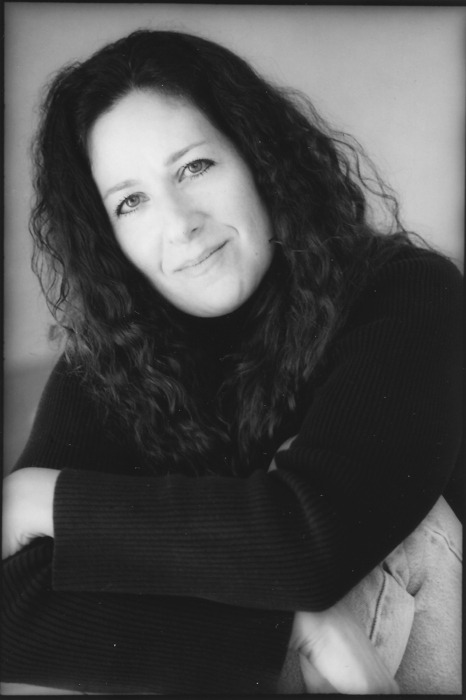
Ms. Sharp’s laid back openness was like a warm blanket on my jangled nerves. I had so much I wanted to learn from her and had trouble reining in my eagerness, yet she was perfectly calm and easy going about the exchange. If you’re interested in my full review of the book, well here ya go.
Following is our emailed interview.
to someday visit Los Angeles and buy her lunch.
Honestly, I don’t know how I did it—except by many rewrites.

